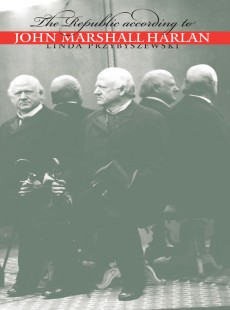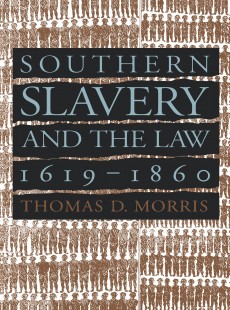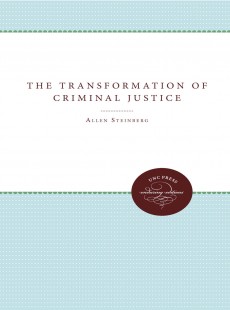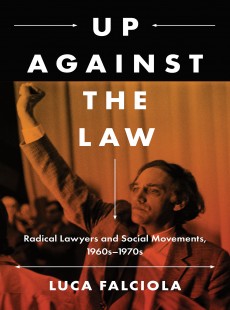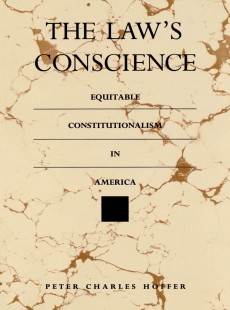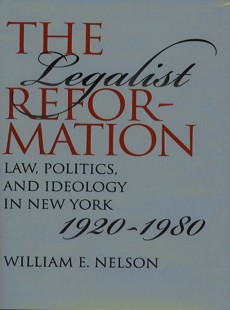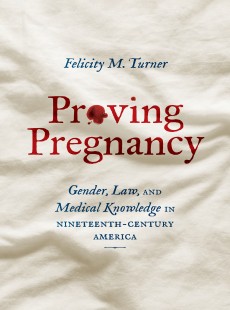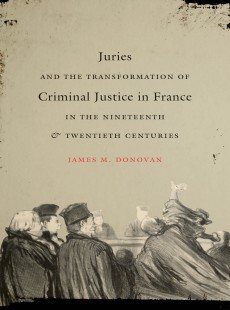
Juries and the Transformation of Criminal Justice in France in the Nineteenth and Twentieth Centuries
James M. Donovan
 Publisher: University of North Carolina Press
Publisher: University of North Carolina Press
Imprint: The University of North Carolina Press
Published: 02/2010
Pages: 272
Subject: Law, History
| University of North Carolina
Print ISBN: 9.78E+12
eBook ISBN: 9780807895771
DESCRIPTION
From their introduction in 1791 as an expression of the sovereignty of the people through the early 1900s, argues Donovan, juries often acted against the wishes of the political and judicial authorities, despite repeated governmental attempts to manipulate their composition. High acquittal rates for both political and nonpolitical crimes were in part due to juror resistance to the harsh and rigid punishments imposed by the Napoleonic Penal Code, Donovan explains.
In response, legislators gradually enacted laws to lower penalties for certain crimes and to give jurors legal means to offer nuanced verdicts and to ameliorate punishments. Faced with persistently high acquittal rates, however, governments eventually took powers away from juries by withdrawing many cases from their purview and ultimately destroying the panels' independence in 1941.
RELATED TITLES
